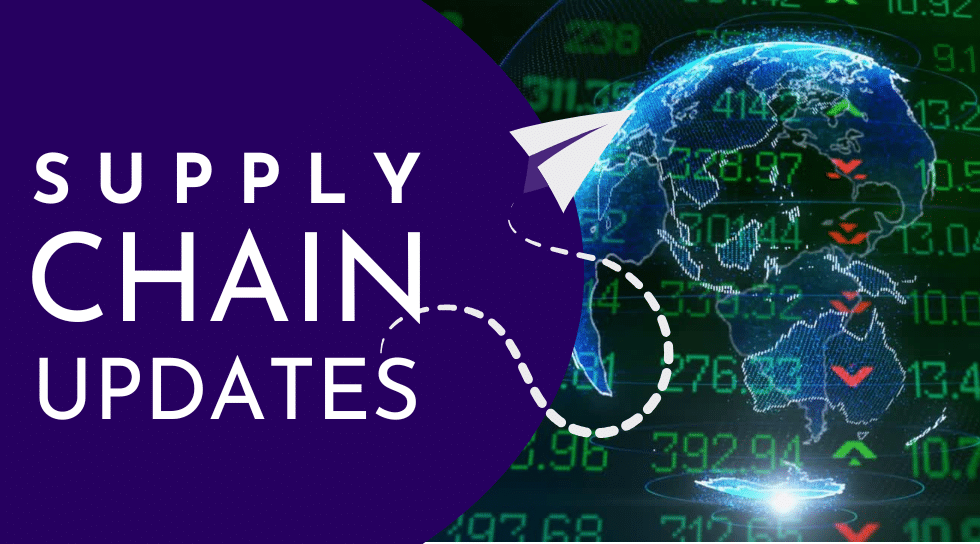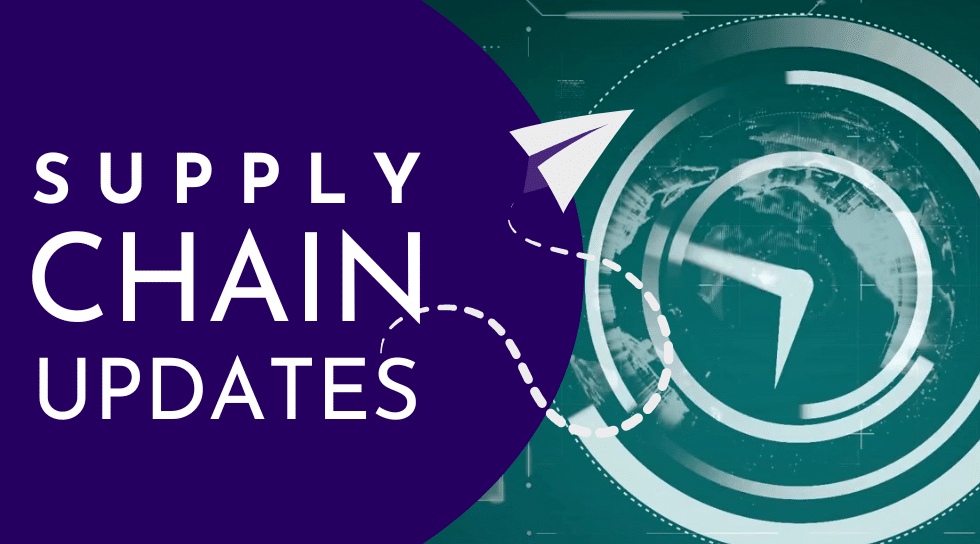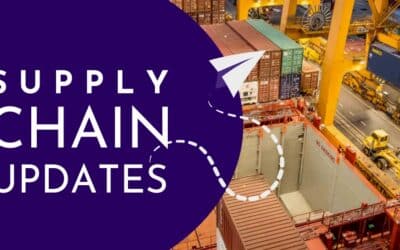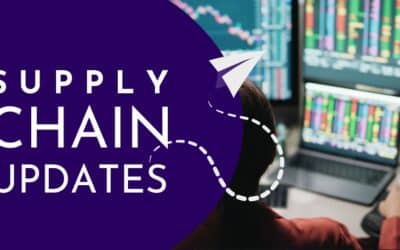- Reciprocal Tariffs – Pending Supreme Court Decision: The Supreme Court will review the 10% universal and fentanyl tariffs on Nov 5. Until U.S. Customs and Border Protection (CBP) issues guidance via the Customs Systems Messaging Service (CSMS) or an Executive Order, all entries must be filed with duties calculated and paid.
- U.S- China Trade Framework:
- The International Emergency Economic Powers Act (IEEPA) fentanyl tariff will drop from 20% to 10% for entries from Nov 10 onward.
- The current 10% IEEPA reciprocal rate will stay in effect until Nov 10, 2026.
- Existing Section 301 exclusions, originally set to expire Nov 29, are extended through Nov 10, 2026.
- Section 301 Chinese vessel fees will be suspended for one year starting Nov 10, reducing costs for importers.
- Regional & Other Updates:
- Japan has formalized its rare earth treaty. Thailand, Vietnam, Malaysia, and Cambodia continue current reciprocal tariffs with select exemptions.
- Brazil is exploring the potential removal of its 40 % reciprocal tariff.
- Section 232 actions affecting lumber, pharmaceuticals, and semiconductors are expected in November.
- Tariff Monitoring & Alerts: We track updates to IEEPA, Section 301 and Section 232 tariffs to keep you informed.
- Documentation & Support: We organize your forms, payments, and records to ensure you can claim any eligible adjustments once guidance is issued.
- Customs Entry Review: Our team reviews impacted entries to confirm accurate tariff application
- Strategic Guidance: We provide proactive recommendations for navigating global trade developments, including framework agreements and regional exemptions.
Have questions about how these tariff changes affect your shipments? Our team of experts is ready to provide guidance, please Contact Us anytime. For further details, please consult the latest Tariff Update and Reciprocal Tariff List for comprehensive information.
View the latest Tariff Information:
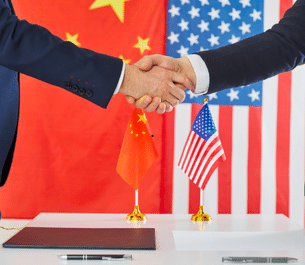
The US and China have reached a preliminary trade‑framework agreement, which includes averting the threatened 100 % tariff hike on Chinese imports and deferring China’s export controls on rare‑earth minerals.
This could mean fewer surprise tariffs and smoother, more predictable access to key imports.
The U.S. Customs and Border Protection (CBP) Section 301 port-entry fees on Chinese vessels will be suspended for one year starting November 10, 2025, easing costs for importers.
While this suspension provides relief, review carrier contracts and logistics plans is important, our team can help you navigate these changes.


The U.S. has signed trade and critical‑minerals deals with several Southeast Asian countries to diversify supply chains and reduce dependence on China.
This opens new sourcing opportunities and strengthens supply‑chain resilience. We can help by guiding you and optimizing your supplier and logistics strategies.
The Brazil government has requested consultations at the World Trade Organization over U.S.‑imposed tariffs that they argue violate trade‑rules.
As a logistics partner, we can help by reviewing your sourcing and shipping strategies to mitigate any disruption or cost‑impact from these evolving trade measures.


Two of our team members, Maureen Murray and Tammy T., will be attending the 2025 SEMA Show to connect with manufacturers, suppliers, and aftermarket leaders.
They’ll be sharing how Imperative Logistics supports seamless production and distribution with expertise in cross-border freight, expedited shipping, and regional warehouse integration.
